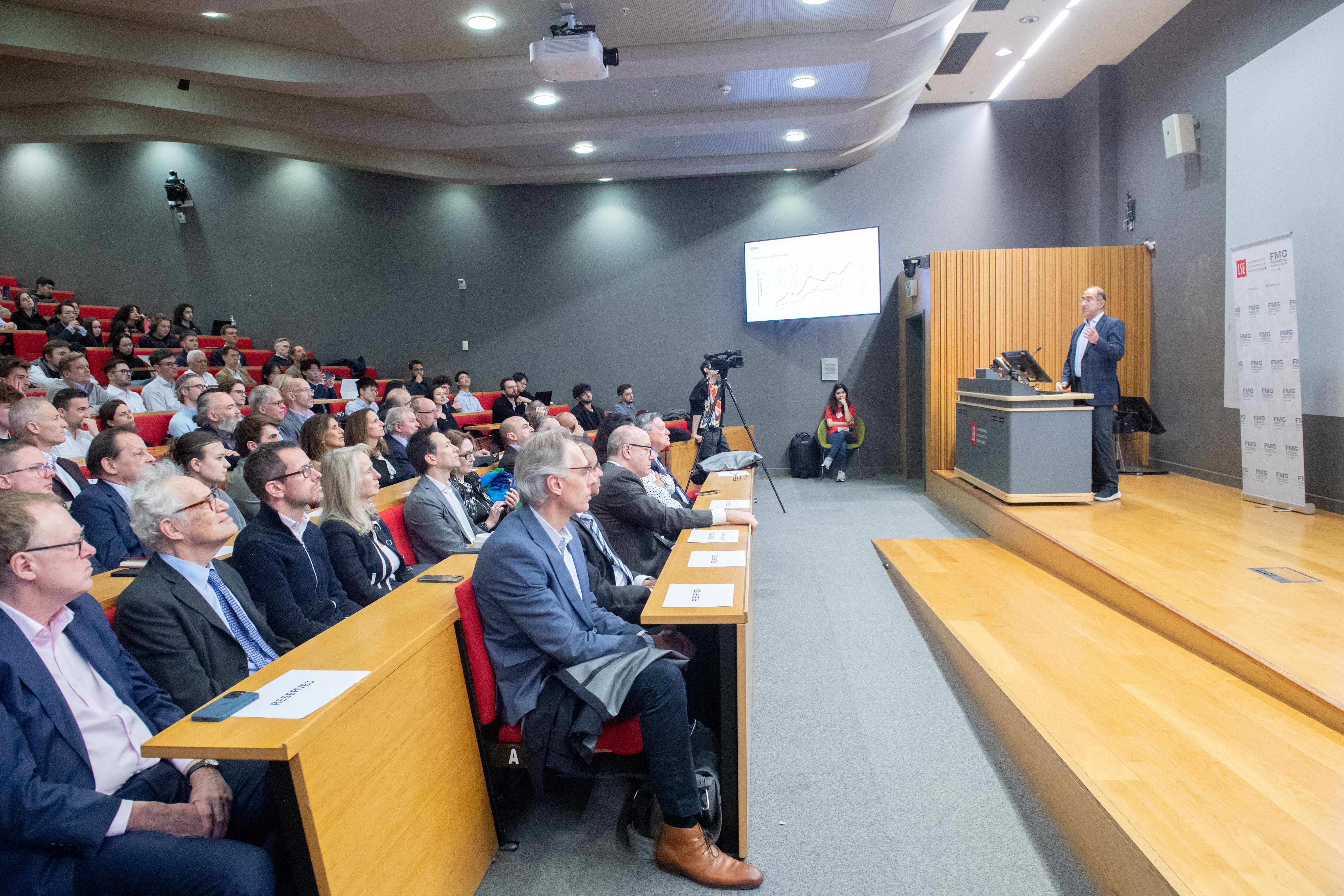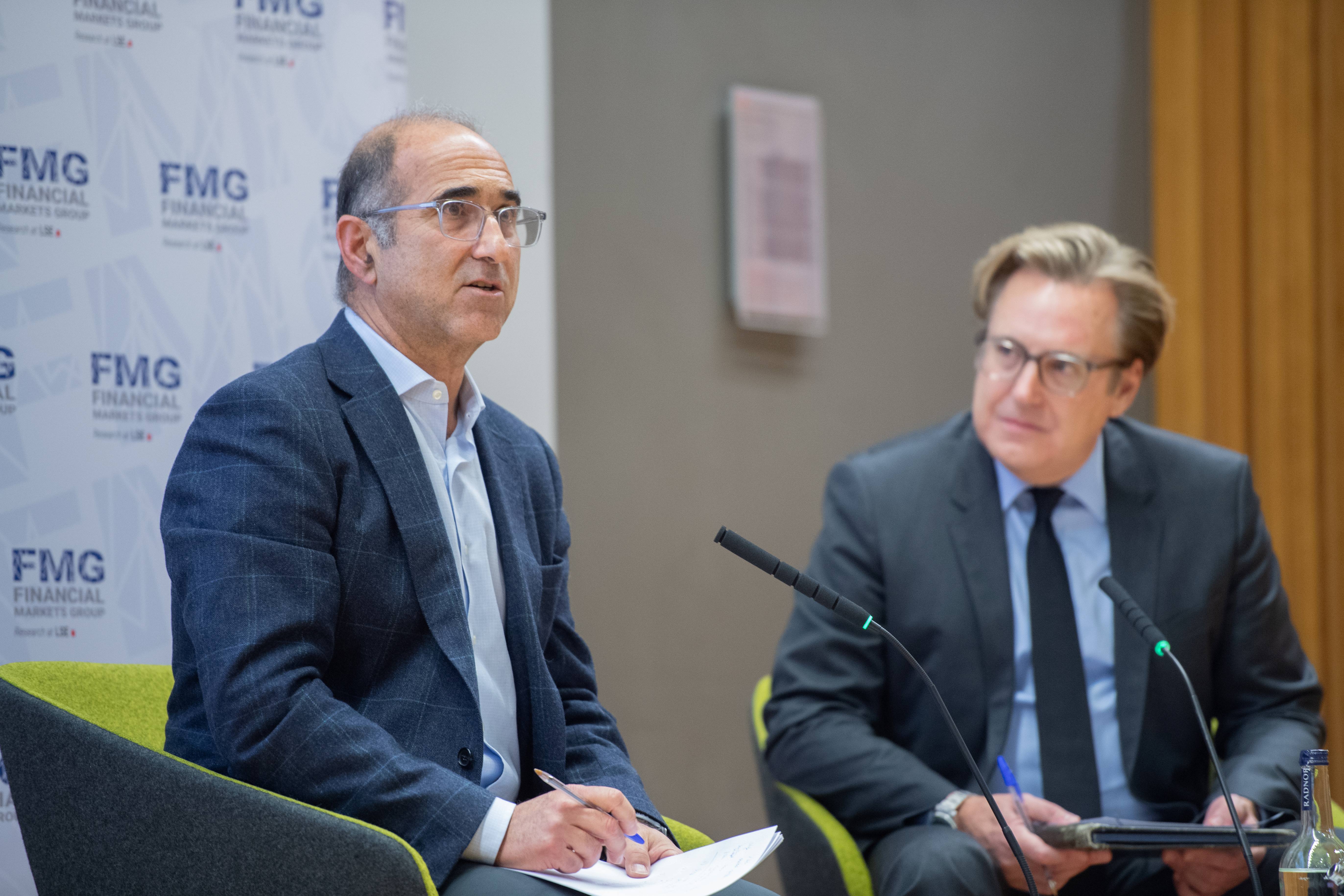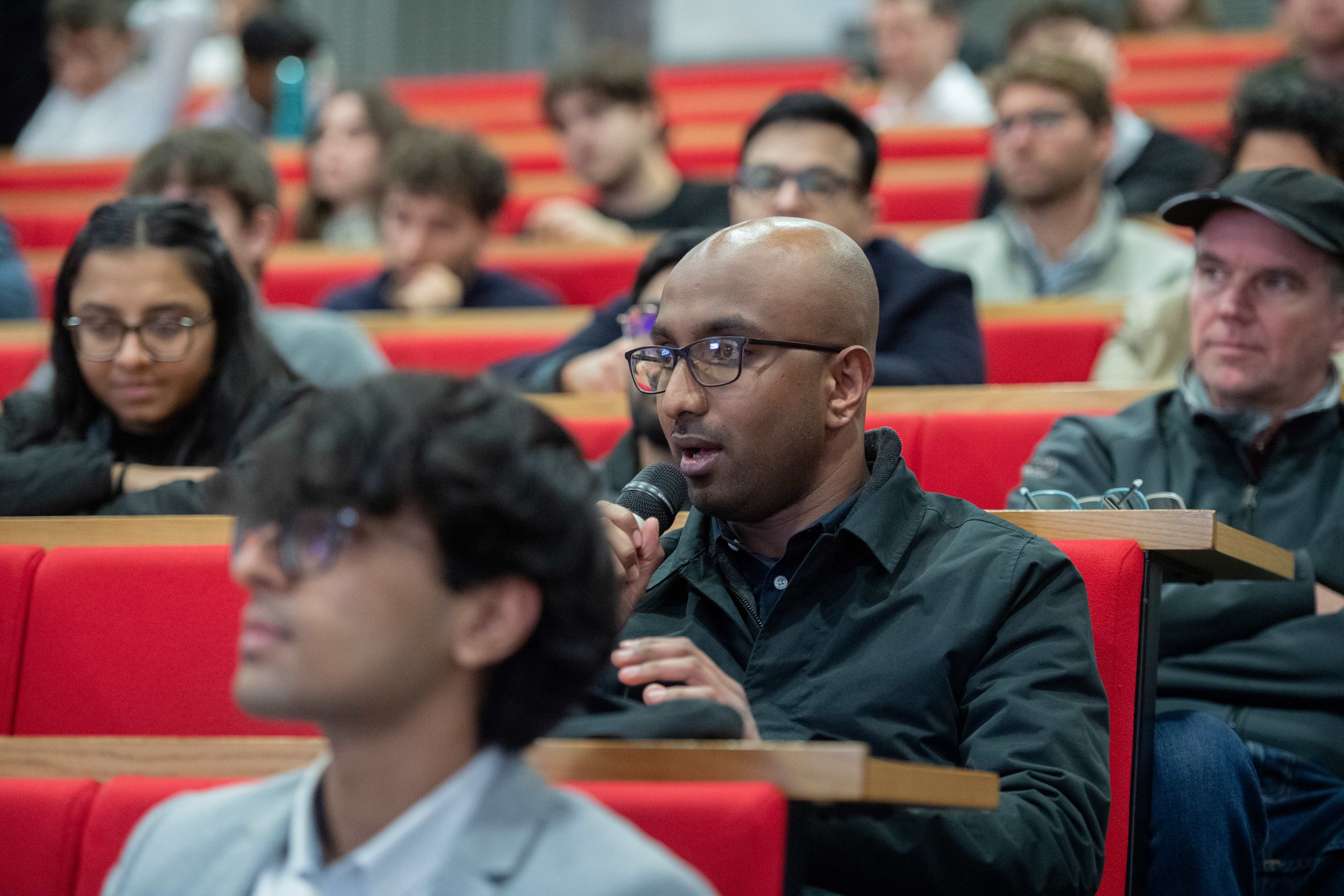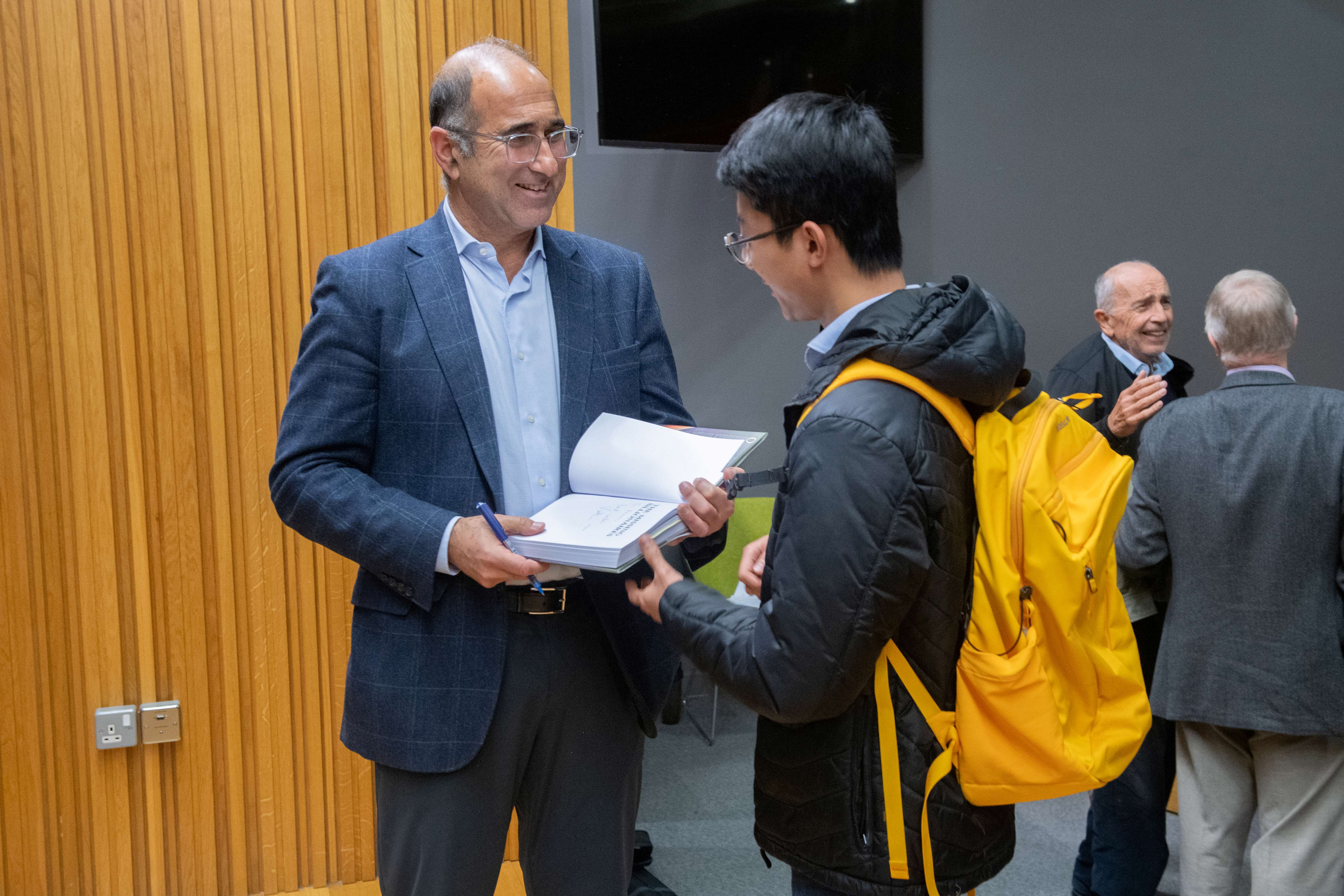Date: Monday 2nd December 2024
Time: 18.30 - 19.45 GMT
Venue: Sheikh Zayed Theatre, Cheng Kin Ku Building, LSE (map)
Speaker: Victor Haghani (Elm Wealth)
Chair: Christopher Polk (LSE Finance & FMG)
In this public lecture, Victor Haghani will discuss the hidden effects of the largest trends in retail investing. While it’s never been easier, cheaper, or more efficient for investors to put their money to work, investors may not be better off. Gamified trading apps, niche ETFs, and gambles masquerading as investments have a cost that’s harder to spot but is little different from the damage inflicted on portfolios by high fees. Haghani will delve into the hidden risks of a “cost-free” market and how investors are rarely compensated adequately for many of the risks they take, arguing that while investors have won on fees, they are losing on risk. He will describe the simple yet powerful logic behind The Risk Matters Hypothesis, an idea which in combination with The Cost Matters Hypothesis (introduced by John Bogle, founder of Vanguard), can guide investors to better financial decisions and greater expected welfare. The talk will be full of colorful illustrations drawn from Victor’s decades working in the financial industry, and from the new book he co-authored, The Missing Billionaires: A Guide to Better Financial Decisions (Wiley 2023).
Event hashtag: #LSEHaghani
More photos





Victor Haghani graduated from the LSE in 1984 and returned in the early 2000s as a Senior Research Associate in the LSE’s Financial Markets Group. He worked for Salomon Brothers in New York in research and on the bond arbitrage desk from 1984-1993. In 1993, Victor was a co-founding partner and co-headed the London office of the hedge fund Long-Term Capital Management. He founded Elm Wealth in 2011 to help clients, including his own family, manage and preserve their wealth through Dynamic Index Investing®, an approach he pioneered. Victor has been a prolific contributor to the academic and practitioner finance literature, writing many articles published in peer-reviewed academic journals, anthologies, and mainstream news media. He has helped run several widely referenced investor psychology experiments, most recently The Crystal Ball challenge, the results of which were covered widely in the financial press. In one of the most-watched TEDx talks on investing, Where Are All the Billionaires and Why Should We Care?, Victor discussed the causes of and some novel solutions to the retirement savings crisis. He is a co-author of The Missing Billionaires: A Guide to Better Financial Decisions (Wiley, 2023), which was named to The Economist’s Best Books of 2023 List.

Christopher Polk is a Professor of Finance at the LSE and former Director of the FMG. Prior to joining the LSE, Polk taught at Northwestern University’s Kellogg School of Management; he has also been a visiting Professor of Economics at Harvard University and a visiting Professor of Finance at the MIT Sloan School of Management. Polk’s research interests are in asset pricing and include related topics in asset management, corporate finance, behavioural finance, and macroeconomics. His recent research has focused on incorporating stochastic volatility into asset pricing models and measuring the extent and consequences of crowded trading in popular hedge fund strategies.
Prof. Polk has published extensively in leading academic journals, including the Quarterly Journal of Economics, the Journal of Finance, the Journal of Financial Economics, and the Review of Financial Studies. He has won numerous professional awards, including the paper of the year at the Journal of Financial Economics in both 2002 and 2018. He has advised the Bank of England, Norges Bank, and the EU European Securities and Markets Authority on topics related to his research.
Polk holds a BS in physics and economics from Duke University and a PhD in finance from the University of Chicago’s Booth School of Business where he studied under the 2013 Nobel laureate in Economic Sciences, Eugene Fama.
